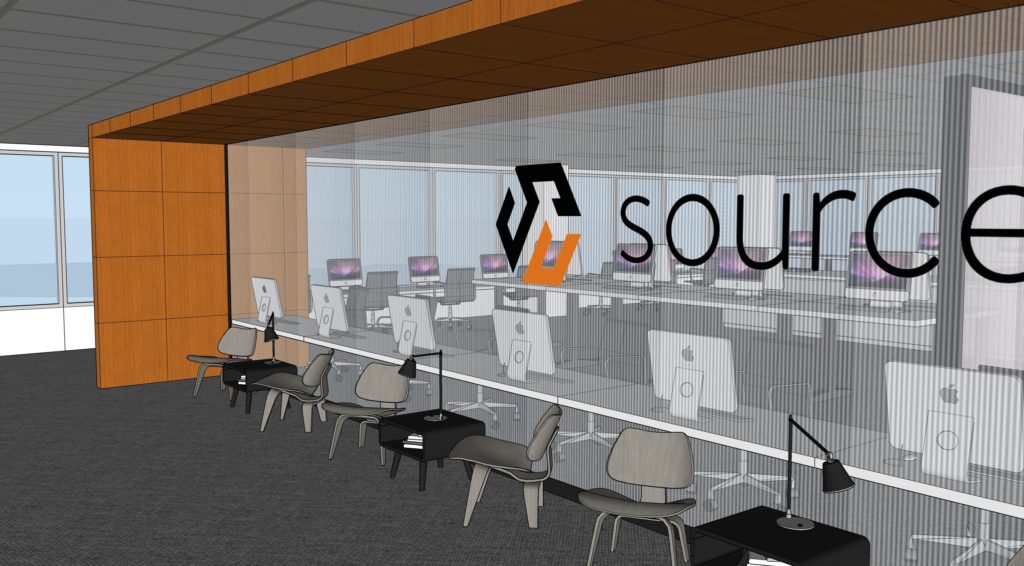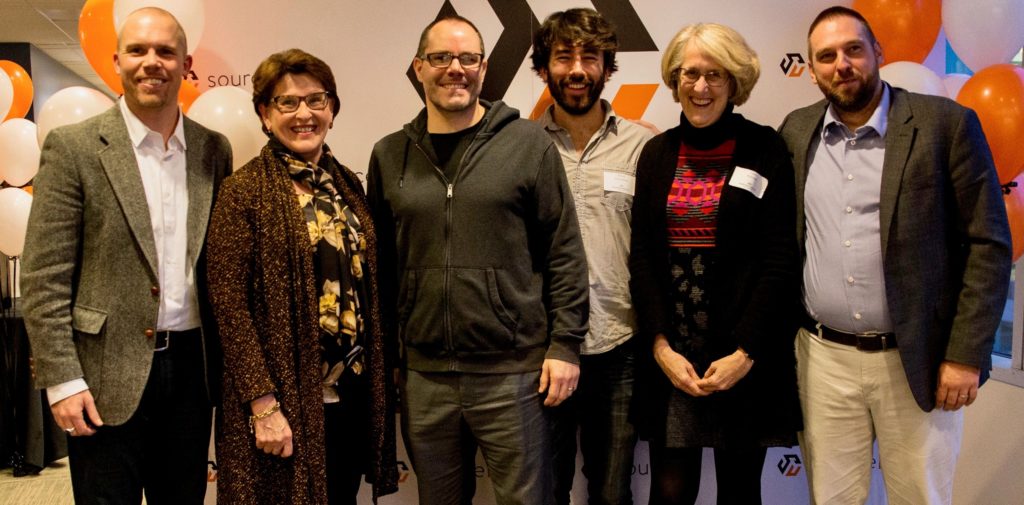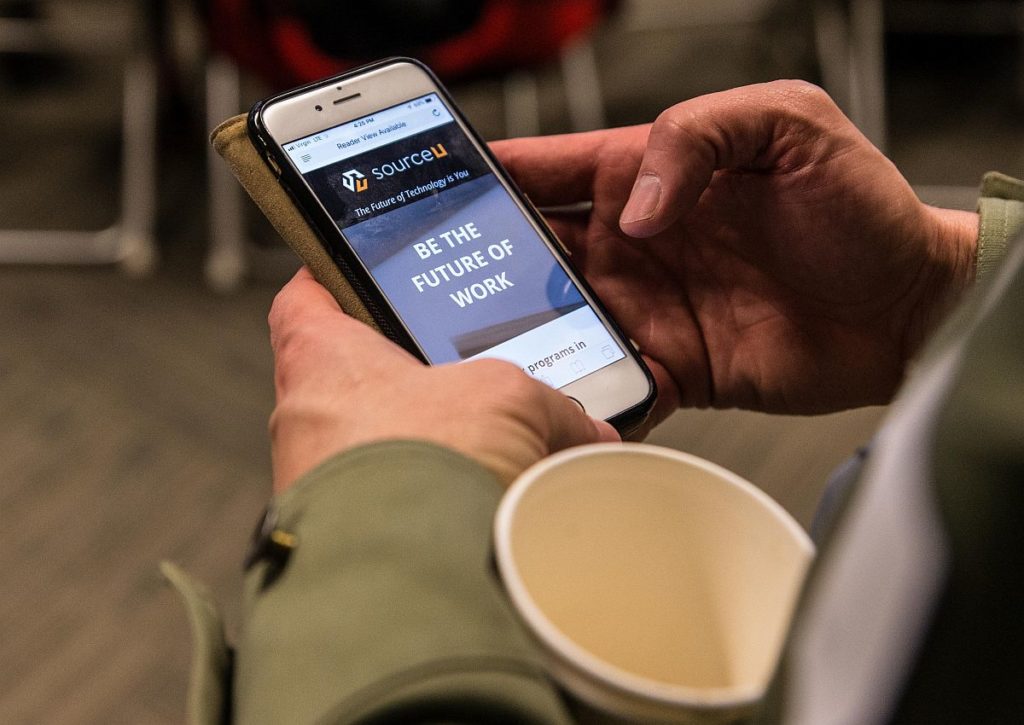Warner Pacific launches Cybersecurity University in Portland

The software development and cybersecurity industries have a talent shortage of crisis proportions and the nation’s educational institutions are struggling to fill the gap.
In software development, the next decade will see the creation of more than a million new developer jobs across the US, but only 400,000 of those jobs will be filled by actual computer science graduates.
In cybersecurity the situation is similarly dire. In Oregon there are 2,911 unfilled job openings and 313,735 total openings across the country. To make matters worse, companies complain that graduates coming out of colleges and university programs are not prepared to tackle the day-to-day work of managing complex cybersecurity tools and require many months of on the job training before they become useful and productive.
Moreover, the tech industry in the Portland Metro Area is growing dramatically and demand for tech workers is strong across all industries. To fill the void, Portland tech companies have relied on in-migration, poaching, and their professional networks. The result of this strategy has been a local workforce that is nearly 90 percent white, and many talented people from more diverse backgrounds—including women—are not participating in this growth.

“Cybersecurity is as much a social problem as anything technical,” says Kris Rosenberg, chief learning officer of Riperia, Inc. and a former university professor and veteran information security professional. “We have a serious problem in our state, in our country and globally securing our information systems and our infrastructure. If we’re going to effectively tackle this problem, we must have a more diverse workforce.”
Rather than simply talk about the problem, Rosenberg recently joined Laura McKinney, a former university administrator and CEO of a leading cybersecurity firm in Portland, at Riperia, a startup dedicated to expanding the ranks of cybersecurity professionals. Now, Riperia has partnered with Warner Pacific University and Portland-based code school Epicodus to create what may become the template for how to solve the technology and cybersecurity skills shortage conundrum.
Moving at what amounts to lightspeed for an educational institution, Warner Pacific University on Wednesday announced the launch of sourceU, a new school to be based in Portland that will turn much of what we know about cybersecurity and technical education on its head.

Scheduled to open its doors in August in downtown Portland near Pioneer Courthouse Square, sourceU aims to combine a diverse student population – far more women and people of color than typical of tech programs – with a curriculum and teaching methodology designed to give graduates “practitioner level” skills. Graduates will emerge with a degree that will enable them to immediately secure well-paying careers from a fully accredited program.
“sourceU leverages the experience of Warner Pacific University in helping students who have been historically excluded from higher education to flourish,” says Warner Pacific President Dr. Andrea Cook. “We are leaning into a new educational space, the technology industry, that has seen similar exclusion, and we want to help more students break through to become technology leaders of the future.”

Founded in 1937 and located in Portland, Warner Pacific has long been dedicated to providing students from diverse backgrounds an education that prepares them to engage actively in a constantly changing world. Over 60 percent of the university’s students come from racially and ethnically diverse backgrounds, including the 57 percent who are the first in their family to pursue a college degree.
The concept for sourceU evolved from conversations between Riperia’s McKinney and Dr. Cook about how to bring more diversity into technology education and took root in short order. The launch of a new accredited school at most institutions would likely take years of planning and multiple layers of approvals before moving ahead. But the fact is that the crisis is now and there is little time to waste. Reflecting that urgency, sourceU moved from concept to launch in less than six months.
Zero to degree in 16 months
The need for speed will continue as the program moves forward. To help students move through swiftly, classes will be delivered year round in 4-week increments. Students will be able to earn an Associate degree in just 16 months at which point they will be ready to enter the work world while continuing to work toward their Bachelor degree.
To keep pace with fast-changing cybersecurity technology, sourceU under Dr. Cook’s direction will move quickly to roll out curriculum updates and revisions in “days not years. We will stay current and immediate,” she says. “The rigor will still be there, but we are making the curriculum approval process more distributed and streamlined.”
In many way, the teaching model at sourceU will resemble that of a teaching hospital. Courses will run in 4-week increments with a full 8 a.m. to 5 p.m. immersion. Classes will be held in a space rented from Epicodus and will be able to accommodate up to 110 students. All technical courses will be led by instructors with extensive industry experience and will focus on using current technology to solve real-world problems.

The cybersecurity instructors will be provided by Riperia, including Rosenberg as the lead instructor, while Epicodus will handle the software development instruction under Warner Pacific oversight.
“We believe partnering with an accredited, degree-granting program will make our education more accessible to under-represented and low-income students,” notes Michael Kaiser-Nyman, CEO of Epicodus. “Until now, students without a college degree had to choose between an employment-focused education like Epicodus offers, or a breadth-focused traditional education like Warner Pacific does. The sourceU partnership between our institutions will let students get the best of both worlds for the first time.”

Like a teaching hospital, sourceU students will also have the opportunity to work on live “patients.” For its cybersecurity program, sourceU is setting up shop as a managed service provider (MSP) and will offer a range of cybersecurity services to local companies. As is the case when you go to a dental school, for example, all work performed by students will be reviewed by qualified instructors. The MSP approach will give students invaluable experience in a safe environment and the curriculum will include an internship requirement for addition practical experience.
In recognition of the escalating cost of higher education, Dr. Cook emphasizes that Warner Pacific is working hard to keep a lid on tuition expense and already offers the lowest tuition of any accredited private institution in the state. For sourceU, tuition runs $37,320 for a full Associate degree and $74,640 for a Bachelor degree. Initially, sourceU will offer Associate degrees in cybersecurity/IT and web and mobile development along with Bachelor degrees in cybersecurity and digital product design.
To learn more about sourceU go to sourceU.tech. For information on enrolling in sourceU, contact the Warner Pacific Office of Admission at 503.517.1020 or [email protected].
